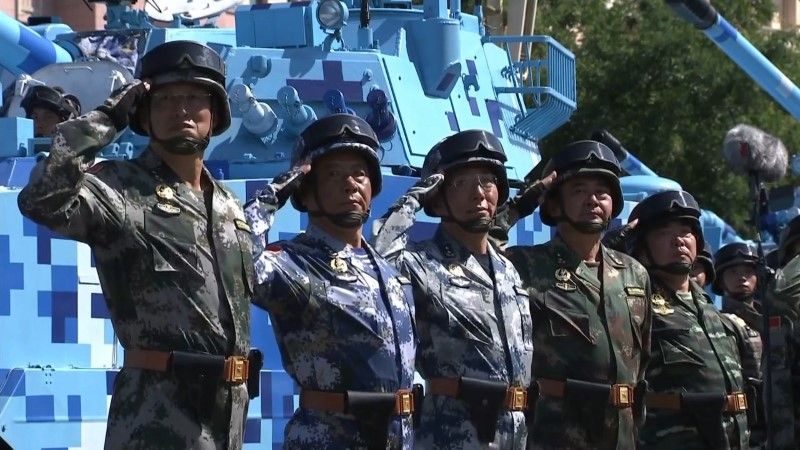The Netherlands: The New Cocaine Mafias • 2022
In recent years, the Netherlands and Belgium have become major drug trafficking hubs in Europe, with almost 80 percent of the continent's cocaine passing through Rotterdam or Antwerp. This has led to the rise of the "Mocro Mafia," criminal networks of Dutch people of Moroccan origin. These gangs began by trafficking hashish from Morocco but now use the same routes for the more profitable cocaine trade, sourced from Latin American cartels. Consequently, the "Mocro Mafia" has become one of the world's richest criminal organizations, generating an estimated fifty billion euros annually in Antwerp alone—10 percent of Belgium's budget. The violent "Mocro Mafia" gangs have unleashed a reign of terror. They kill lawyers, magistrates, journalists, all without a second thought. They have even threatened government ministers in Belgium and the Netherlands. Anyone who challenges their network is a potential target. The drug money is so pervasive within the economy that, according to some, Belgium and the Netherlands risk becoming narco-states. This threat has been taken very seriously by the authorities and the police. Public anxiety rose even further after the horrifying discovery of a torture chamber in a shipping container used as an 'underworld prison' by the gangs, as well as the murder of journalist Peter de Vries. We investigate the "Mocro Mafia," the new ultra-violent criminal organisation which is shaking Europe.
Make a donation
Buy a brother a hot coffee? Or a cold beer?
Hope you're finding these documentaries fascinating and eye-opening. It's just me, working hard behind the scenes to bring you this enriching content.
Running and maintaining a website like this takes time and resources. That's why I'm reaching out to you. If you appreciate what I do and would like to support my efforts, would you consider "buying me a coffee"?
Donation addresses
BTC: bc1q8ldskxh4x9qnddhcrgcun8rtvddeldm2a07r2v
ETH: 0x5CCAAA1afc5c5D814129d99277dDb5A979672116
With your donation through , you can show your appreciation and help me keep this project going. Every contribution, no matter how small, makes a significant impact. It goes directly towards covering server costs.





